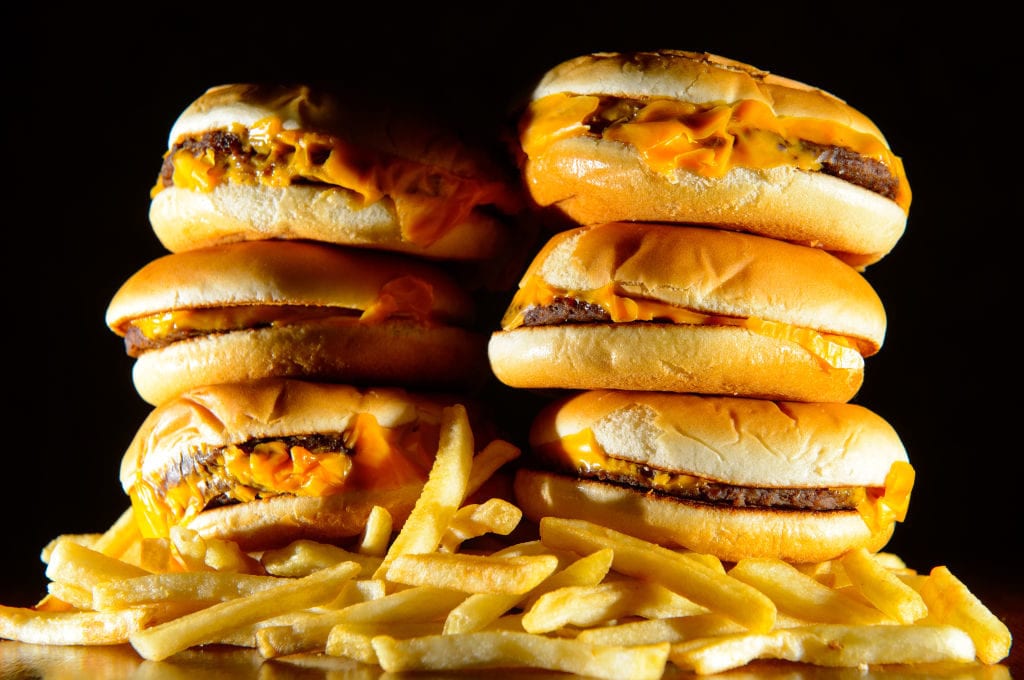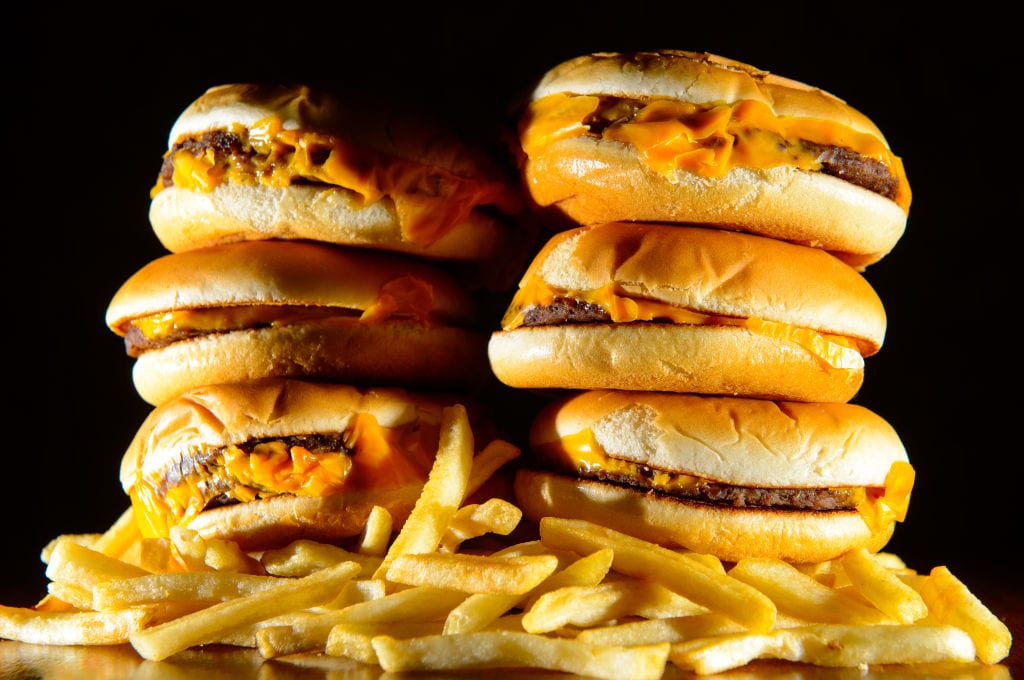
Drugs and alcohol are no longer the central focus of addiction. Overindulgence of food sits high on the list of issues people are trying to overcome.
There’s life beyond overeating. Food addicts in recovery find solace in knowing there’s help and hope for those who need it.
Prevailing over addiction gives you motivation for other purposes in your life. You realize you’re more than capable of surmounting any obstacle or goal in your life. Willpower becomes your new superpower.
Also, conquering dependency also gives you mental clarity. Once your mind sobers from addiction, mental faculties sharpen, giving you a clear head.
Don’t let overeating destroy your health. If you’ve damaged your relationship with food, you need to read this.
Discovery here how the relief and promise ahead for food addicts in recovery.
What Is Food Addiction
Addiction is a disease of the brain. It’s the result of compulsion over a substance or behavior despite the consequences.
Food addiction involves uncontrollable behavior towards food.
With any addiction there are triggers. Triggers take the mind back to the memory that caused the addiction. Those memories might be stress-related, sad thoughts, or anger. Whatever, the case, food was the ready remedy and still is.
In most cases, this addiction is to unhealthy foods—sugary snacks, bread, and fried foods. When food addicts eat these foods, dopamine releases in the brain, giving them a short-lived feeling of pleasure.
Health Disorders Associated with Food Addiction
Food addiction leads to unhealthy eating habits that affect the overall health of the body.
Constant dependence on harmful foods can lead to obesity. And for people who stress over their weight, bulimia.
Obesity has to with having a high body mass index (BMI). That means carrying more weight around that your height can manage. Eating foods high in processed sugars and saturated fats contribute to an abnormal BMI.
People who suffer from food addiction gorge on these types of foods.
The downside is that sometimes one addictive behavior leads to another. People who obsess about food often obsess about their weight as well. The psychological guilt of food binging encourages them to purge.
That’s where bulimia comes in. A food addict may vomit or take laxatives to rid themselves of foods they’ve binged on.
Food Addicts in Recovery – Finding a Solution
As with any with addiction, there’s a solution or way to transition out into a better position in life.
- Get to the root of the problem. Solution-Focused Brief therapy deals with finding the answer to the problem causing the addiction
- Avoid places that aid your addiction. Fast food restaurants serve foods that support addictive cravings.
- Create a nutrition plan. Make a conscious effort to eat healthy foods—fruits and vegetables—when you feel the urge. Practice portion control.
- Get professional help. There’s nothing wrong seeking out an expert to help you overcome.
Remember this is a transition. Don’t beat yourself up if you stumble back into old habits while you’re trying.
Overcome
Food addicts in recovery often feel alone, but you’re not. You can beat the addiction and get new life all in the same transition.
You can also fix your relationship with food and yourself. Take the steps in getting your health back in order.
Would you like more health tips like this one? Take a look at our health programs and get your well-being back on track.
